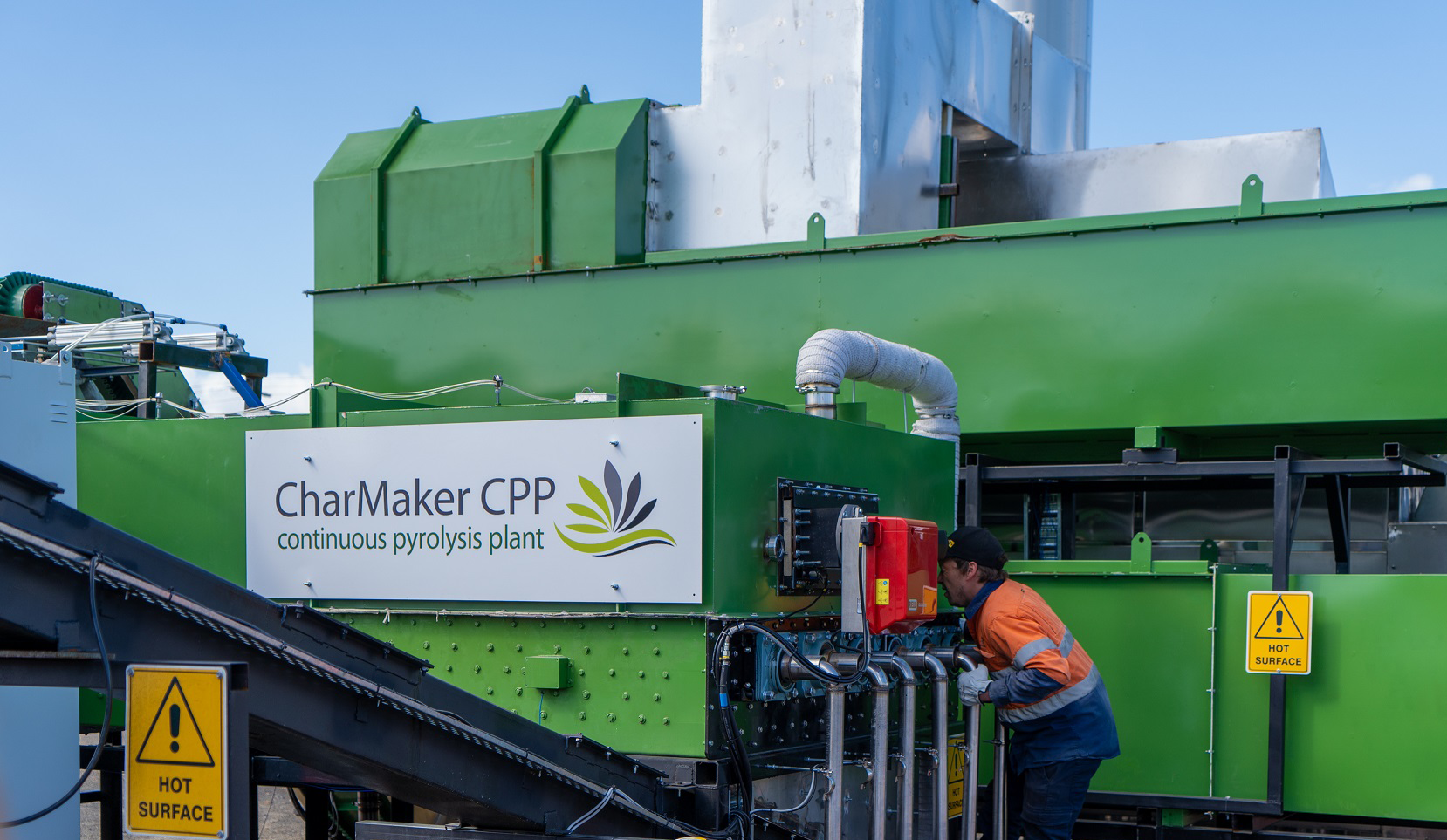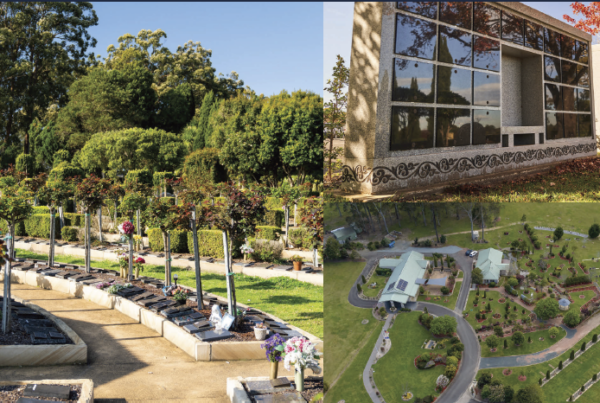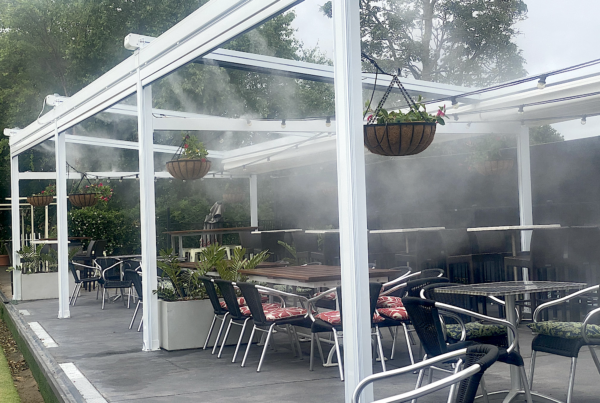Incontinence products are quickly filling up Australia’s landfill, so Essity has launched the country’s first large scale trial to find a better, more environmentally sustainable solution.
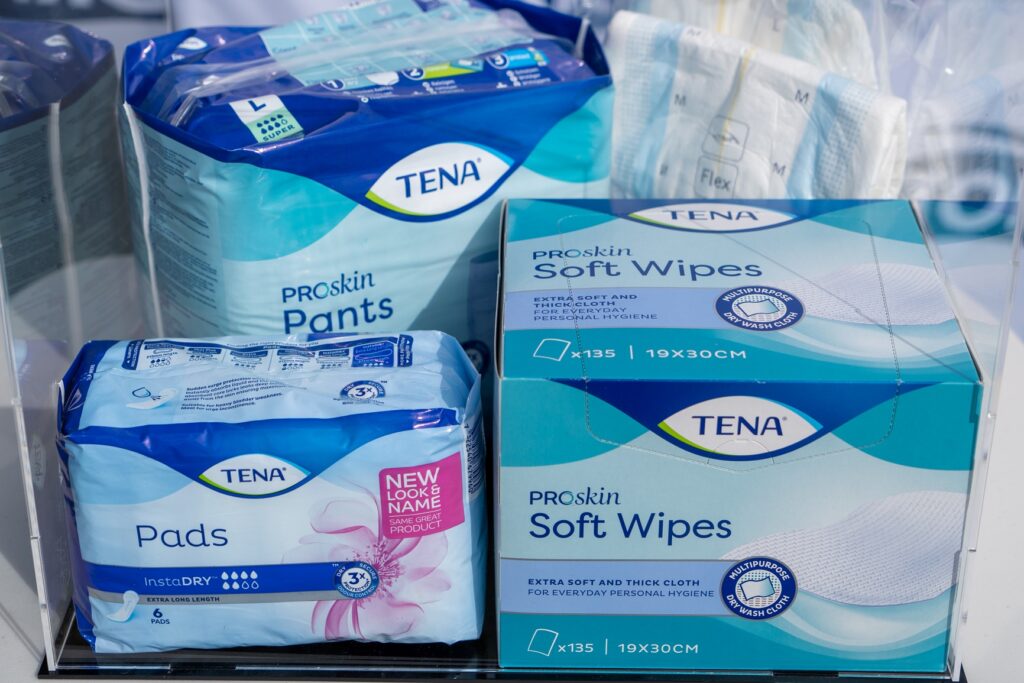
Half the landfill waste from Australia’s residential aged care facilities is used incontinence products, but when operators started looking for more environmentally sustainable disposal solutions, they found there were none – so Essity, manufacturer of the leading global incontinence brand TENA, launched Australia’s first large scale trial to find a better way.
Rochelle Lake leads Essity’s Project Divert, an industry collaboration that is assessing the suitability of pyrolysis technology to dispose of incontinence products during a six-week trial funded by the Commonwealth Government National Product Stewardship Investment Fund.
Rochelle said when customers started asking for a better solution than landfill, she and her team explored what the waste industry could offer. It turned out no one in the sector had a viable alternative.
“Aged care facilities are eager to contribute to a more sustainable future, and so are we. As a product manufacturer and company that is committed to sustainability and making advances with full life cycle management of our products, we chose to innovate in this space.”
“We have an aging population in this country and incontinence product use is rising, so finding a way to deal with this waste is critical,” said Rochelle.
Currently, incontinence products used in aged care account for 18,000 tonnes of CO2 emissions from landfill each year or the equivalent of 10,000 cars on the road, and this is rising due to our ageing population. Estimates suggest the amount of absorbent hygiene product waste produced by adults could be up to 10 times that produced by infants by 2030.
The cost to aged care facilities is financial as well as environmental.
“Right now, an estimated $5.6 million is spent on landfill levies each year to dispose of used incontinence products, which is a huge cost burden for stretched aged care budgets, on top of the obvious environmental concerns,” said Rochelle.
The Project Divert trial involves 10 waste collection sites across Victoria and will process approximately 16 tonnes of waste over six weeks. The trial utilises patented pyrolysis technology that heats waste materials in the absence of oxygen, meaning lower emissions than traditional incineration. The waste is converted to a biochar that may have various commercial applications.
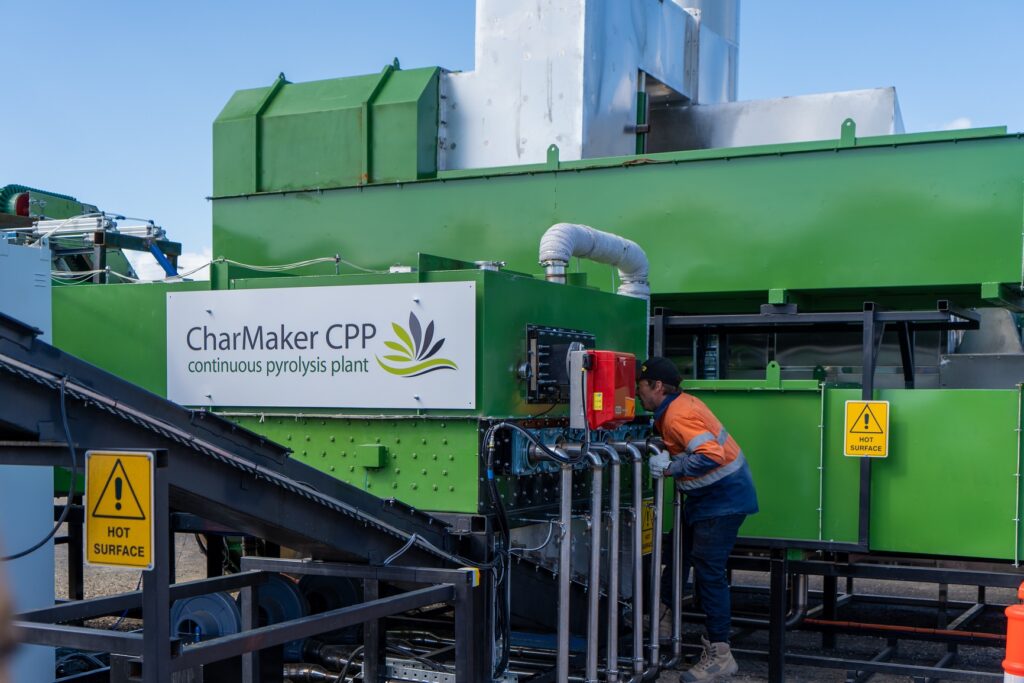
Looking long term
When the six-week commercial trial concludes, TENA and Essity will assess the feasibility of a more permanent solution for our customers.
“Essity is dedicated to improving well-being through leading hygiene and health solutions, while reducing negative impact on the environment and minimising our carbon footprint. This is just one of the many initiatives we’re working on to help our customers, and the industry become more sustainable and protect our planet for the future. We’re excited to be leading the industry with this potential solution and thank the Federal Government and industry partners for their support.”
